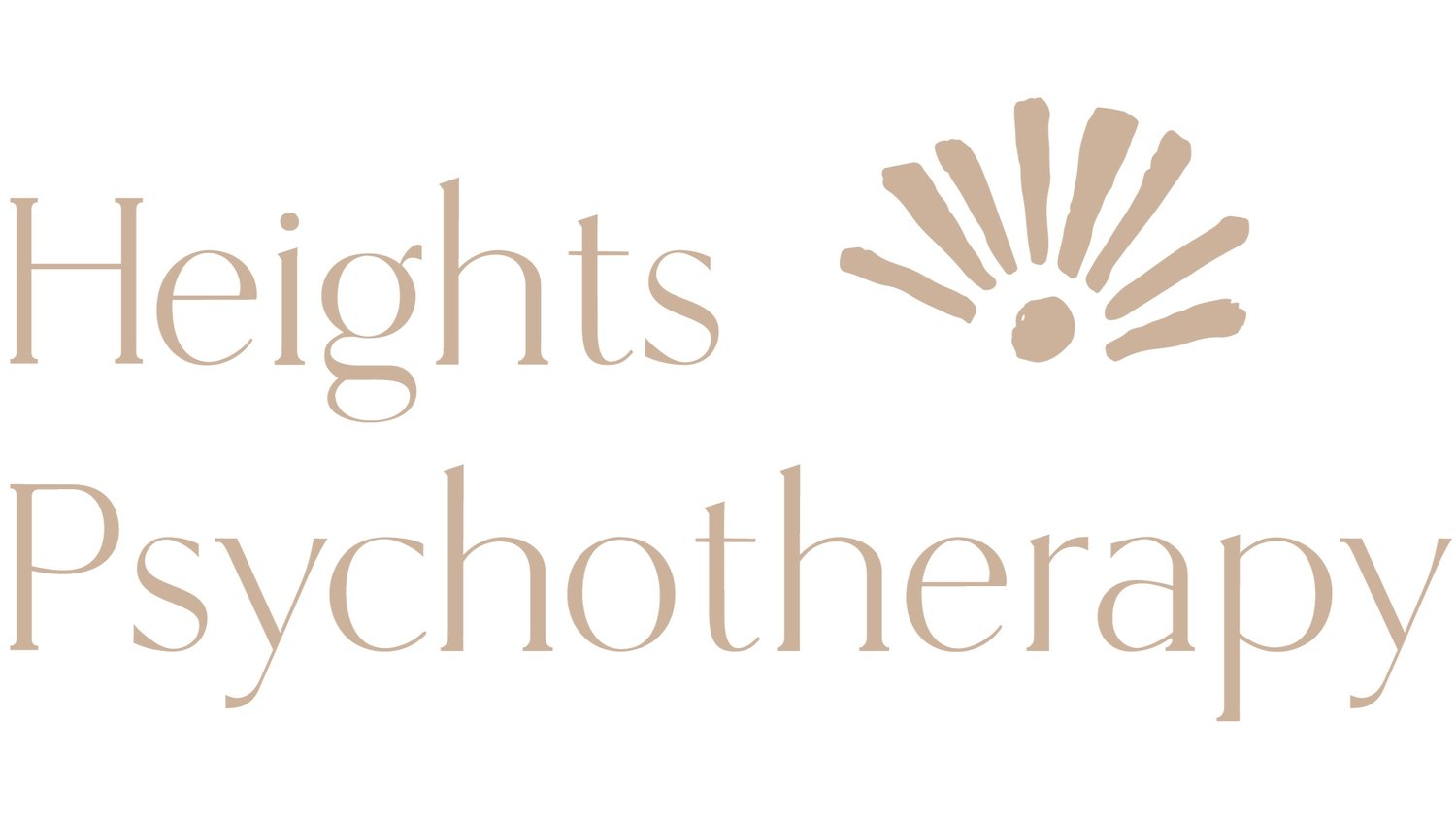
Therapy for Postpartum Depression and Anxiety in NJ
Are you the 1 in 5 women with postpartum depression and anxiety?
You’re not alone. As a mother, you dedicate yourself to taking care of your children and family, but the hectic lifestyle can lead to feelings that overshadow your happiness. Perinatal mood and anxiety disorders (PMADs) are specific mental health conditions that can show up in different ways. This can happen anytime during pregnancy and postpartum. If not treated, the effects can last for years after giving birth.
Signs to look out for include:
Frequent crying, irritability, or sudden anger—especially over small things
Constant worry about your child’s safety or your parenting
Losing interest in things you used to enjoy—including time with your kids
Feeling physically drained no matter how much rest you get
Intrusive or scary thoughts that feel out of your control
Acknowledging these signs is the first step towards improving your mental and emotional health. At Heights Psychotherapy, I provide support for mothers facing these challenges. I get the unique difficulties of modern motherhood and how they affect your mental well-being. The good news is that with help, things can get better.
There is hope beyond the darkness.
Therapy for depression and anxiety can help you…
Find support and understanding for your feelings
Identify the reasons behind what you're feeling
Learn how to cope better
Practice self-care
Improve your connection with your child
Communicate to your partner your needs and feelings
Build strength and resilience
Feel more supported
Lighten the invisible load

Questions about depression & anxiety
-
Signs of Depression:
Irritability or anger
Loss of interest in the baby
Changes in appetite and sleep
Crying and feeling sad
Guilt, shame, or hopelessness
Loss of enjoyment in activities
Thoughts of self-harm, suicide, or harming the baby
Signs of Anxiety:
Ongoing worry
Feeling that something bad will happen
Racing thoughts
Changes in sleep and appetite
Restlessness
Physical symptoms like dizziness, nausea, and hot flashes
-
I provide several types of therapy: Psychodynamic Therapy, Attachment-based therapies like Interpersonal and Emotionally Focused Therapy, and Cognitive Behavioral Therapy (CBT). My services use proven methods to effectively treat postpartum depression and anxiety. This helps individuals understand their emotions and thoughts related to postpartum challenges, encouraging healing and self-reflection.
I focus on enhancing communication and relationships, which are crucial for managing postpartum depression. This method helps identify and resolve relationship issues that may worsen depressive symptoms. These therapies aim to create strong emotional bonds, especially beneficial for new parents facing postpartum difficulties. Emotionally Focused Therapy (EFT) helps couples strengthen their connections for support.
CBT targets issues related to postpartum depression by addressing negative thoughts and behaviors. It provides practical strategies for managing symptoms, changing unhelpful thoughts, and developing coping skills.
-
The perinatal period starts at conception and lasts up to 1 year after childbirth. A realistic timeframe for recovering postpartum is up to 18 months. Many women state that it can take 2 years to feel “normal” again. If not treated, the effects of postpartum can last for years after giving birth.
It’s okay to not feel okay right now!
-
Click on any of the “Schedule Free Consultation” links and book a 15-minute phone consultation today!
Life doesn’t have to feel this way.
Motherhood is a journey. If you're experiencing the weight of postpartum depression or anxiety, it may feel as though life has become an uphill battle. The persistent sadness, overwhelming worry, and emotional turmoil may seem never-ending. But it's crucial to remember that these conditions are treatable, and there is hope on the horizon. You are not alone. Together, we can navigate the challenges of postpartum depression and anxiety, helping you rediscover yourself and embrace the vibrant, fulfilling life you deserve.
